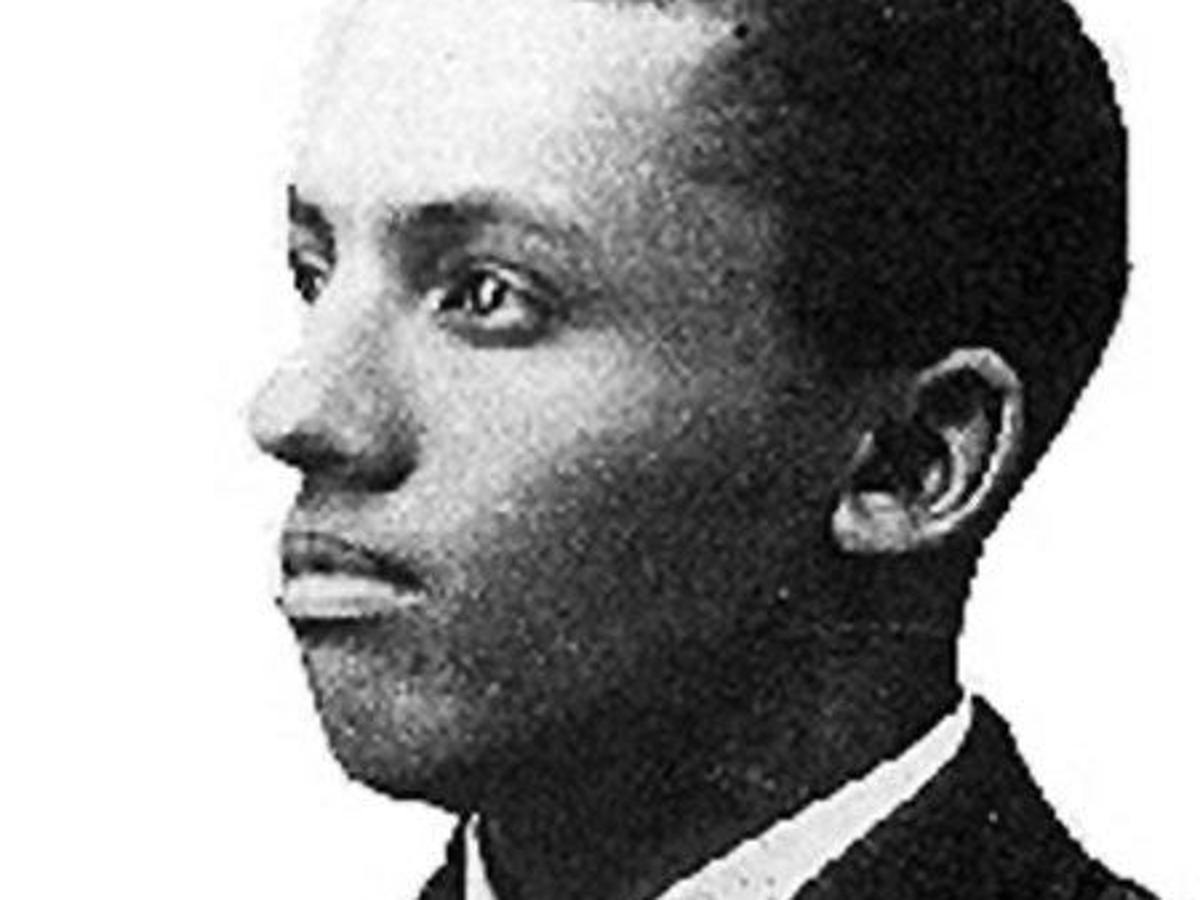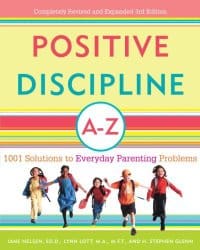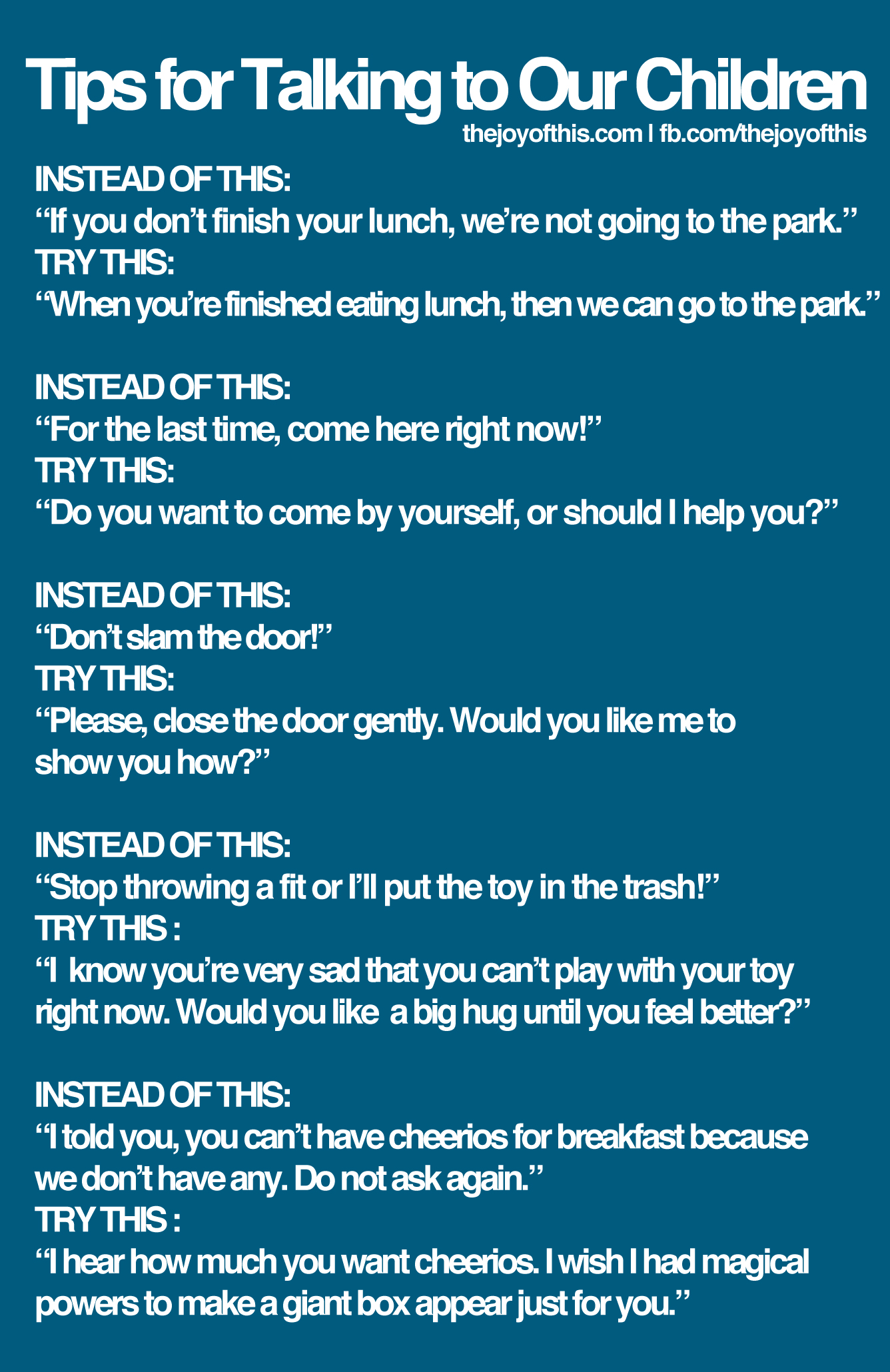
February: Building Positive Relationships
Building positive relationships is the foundation for success. Like most parents, you probably want your kids to become leaders and heroes, role models for kindness and compassion. And developing good relationship skills starts at home. Children learn good relationship skills when you are a power parent!

Power Parent: February 2023 covers each of the following articles:
- Celebrate your History features a wealth of fabulous Black History Month resources that can – and should! – be enjoyed by all families all year round
- Discover some facts about our community’s diversity and how these differences make us stronger in Did you Know?
- The secret to being a great caregiver is to create a closer connection with your child. Learn more under The Power of a Caregiver
- Under Positive Parenting, find resources to help empower you to be the best caregiver you possibly can be
- Your family can learn all about world cultures – from your home! – in Honoring Cultural Identities
- Under You’ve Got a Friend in Me!, learn about the value of friendship
- Find a helpful list of ways to maintain connection with your teen in Meaningful Connections
Celebrate Black History Year-Round!
When children have friends from different backgrounds and cultures, they develop a full appreciation of everyone. Established in 1926 as Negro History Week by Dr. Carter G. Woodson, the month of February is now nationally recognized as Black History Month. During February, citizens honor achievements by individual Black Americans and take time to recognize the central role of African Americans in U.S. history.

Well before his death in 1950, Woodson believed that the weekly celebrations—not the study or celebration of black history–would eventually come to an end. In fact, Woodson never viewed black history as a one-week affair. He pressed for schools to use Negro History Week to demonstrate what students learned all year. In the same vein, he established a black studies extension program to reach adults throughout the year. It was in this sense that blacks would learn of their past on a daily basis that he looked forward to the time when an annual celebration would no longer be necessary. Generations before Morgan Freeman and other advocates of all-year commemorations, Woodson believed that black history was too important to America and the world to be crammed into a limited time frame. He spoke of a shift from Negro History Week to Negro History Year. (Source: ASAHL: Origins of Black History Month)
Knowledge is Power!
The FACE office at GRPS believes that our district is strengthened through our diversity. Part of building relationships is learning more about the diverse groups of students and families that make up our district. “Diversity” can mean many things: Cultural diversity, racial diversity, religious diversity, sexual orientation, ability level, language diversity – the possibilities are almost infinite!
For us in the FACE office, these differences are exciting because they present our school community with the opportunity to form friendships with all types of people, right in their classrooms.

Did you know?
- Approximately 40 million people in the U.S. speak a home language that is not English.
- More than 40 languages are spoken in West Michigan.
- One quarter of GRPS students are English language learners.
- GRPS has families and students from over 60 countries of the world.
Here’s a closer look at the diversity at GRPS:

Source: Grand Rapids Public Schools Student Information System
Developing good relationship skills includes knowing how to establish and keep rewarding and positive relationships with friends, family and others from a wide range of backgrounds. Learn more here!
Families with younger children may enjoy this cute video, which shows children sharing their home languages during Show and Tell:
This video might interest families whose children are older. It talks about a project that connects families from around the world. In each family, the kid shows their favorite toy. The founder of the project hoped that “it would connect people, by showing that we all have the same basic needs, but different solutions.” Remind your child that different doesn’t equal worse!
Building a Great Relationship with Your Child
Want to be a great parent? Want to raise a happy, healthy, well-behaved kid? Want to live in a home where discipline becomes unnecessary? The secret is to create a closer connection with your child.

It isn’t enough that we tell our children we love them. We need to put our love into action every day for them to feel it.
“But what does that mean, putting our love into action?”
- Mostly, it means making that connection with our child our highest priority.
- Love in action means paying thoughtful attention to what goes on between us, seeing things from the our child’s point of view, and always remembering that this child who sometimes may drive us crazy is still that precious baby we welcomed into our arms with such hope.
“Doesn’t that take a lot of energy?”
- It takes a lot of effort to fully attend to another human being, but when we are really present with our child, we often find that it energizes us and makes us feel more alive, as being fully present with anyone does.
- Being close to another human takes work. But 90% of people on their deathbed say that their biggest regret is that they didn’t get closer to the people in their lives.
- And almost all parents whose children are grown say they wish they had spent more time with their kids.
“Being fully present? How can I do that when I’m just trying to get dinner on the table and keep from tripping over the toys?”
- Being present just means paying attention.
- Like a marriage or a friendship, your relationship with your child needs positive attention to thrive. Attention = Love.
- Like your garden, your car, or your work, what you attend to flourishes. And, of course, that kind of attentiveness takes time.
- You can multi-task at it while you’re making dinner, but the secret of a great relationship is some focused time every day attending only to that child.
Create a Firm Foundation
The closeness of the parent-child connection throughout life results from how much parents connect with their babies, right from the beginning. For instance, research has shown that fathers who take a week or more off work when their babies are born have a closer relationship with their child at every stage, including as teens and college students. Is this cause and effect? The bonding theorists say that if a man bonds with his newborn, he will stay closer to her throughout life. But you don’t have to believe that bonding with a newborn is crucial to note that the kind of man who treasures his newborn and nurtures his new family is likely to continue doing so in ways that bring them closer throughout her childhood.
All Relationships Take Work
Good parent-child connections don’t spring out of nowhere, any more than good marriages do. Biology gives us a headstart — if we weren’t biologically programmed to love our infants the human race would have died out long ago — but as kids get older we need to build on that natural bond, or the challenges of modern life can erode it. Luckily, children automatically love their parents. As long as we don’t blow that, we can keep the connection strong.
Does Your Face Light Up?
When Toni Morrison made an appearance on Oprah to talk about her books, she just so happened to drop one of the most powerful pearls of parenting wisdom I’ve ever heard.



:max_bytes(150000):strip_icc()/Getty_mother_daughter_talking_smiling_LARGE_Fuse-565c7ec33df78c6ddf6214cd.jpg)


 The United States is more diverse than it has ever been. There are people living here from all over the world. If we are to live peaceably, respectfully, and productively, we need to have a mindset that embraces diversity, advocates for others, and seeks social justice. Immigration has been a persistent, controversial topic in the United States since the end of the Civil War and is likely to remain relevant for generations. By teaching children about diversity in the US and about attitudes towards immigrants and immigration in the past, they can better understand current and future immigration issues.
The United States is more diverse than it has ever been. There are people living here from all over the world. If we are to live peaceably, respectfully, and productively, we need to have a mindset that embraces diversity, advocates for others, and seeks social justice. Immigration has been a persistent, controversial topic in the United States since the end of the Civil War and is likely to remain relevant for generations. By teaching children about diversity in the US and about attitudes towards immigrants and immigration in the past, they can better understand current and future immigration issues.
Create a Passport
International travel requires a passport, so start your foreign adventures by creating a passport. Before you begin, show your child the reasons we use a passport and what they look like.
Next, help her make a small booklet to serve as her passport. The pages should be blank on the inside. That way, you can draw, use a sticker or glue a picture of the country’s flag to stamp the pages of her passport as she “travels” from country to country to learn about world cultures.
Map It Out
Now that she has a passport, she’s ready to travel the world. Print a world map and use push pins to illustrate where the country’s located. Every time you learn about a new country, use another pushpin on your world map. See how many countries she can visit.
Study the Weather
Kids who live in Ohio won’t have to worry about a willy-willy. But where will you find these conditions? How’s the weather in Zimbabwe today? Weather is more than the basics of sun, rain, wind, and snow. Learn about the weather in other countries to give her the full experience of what it’s like for other kids who live there.
Get Crafty
Make Muslim clothing when learning about Islamic countries. Try your hand at Mexican handicrafts when learning about Mexico. Take your world culture lessons even further when you let her create or wear the types of crafts you would find in that country. Beadwork, clothing, pottery, origami — the possibilities are endless.
Cook Authentic Recipes
How does Japanese food taste? What types of food would you find on a typical menu in Germany? Cook authentic recipes together. Find what foods are popular in the country you are studying.
Find a Pen Pal
Forget texting. Letters to pen pals are a classic way for kids to communicate with friends they may never get to meet. They’re also a hidden lesson in language arts and social studies. Search for a pen pal in the country you’re learning about with your child. There are many free websites that will match your child with pen pals around the world.
Learn Cultural Etiquette
What we might do in our home country isn’t necessarily appropriate in other countries. Learning about each culture’s etiquette can be enlightening for you both. Pointing your feet in Thailand is offensive. Your left hand is considered unclean in India, so pass all food or objects to other people with your right. Learn about cultural etiquette with your child. Try practicing this country’s dos and don’ts of etiquette for a day or week. What happens to citizens when they break the rules of etiquette? Are they simply frowned upon or is it a punishable offense?